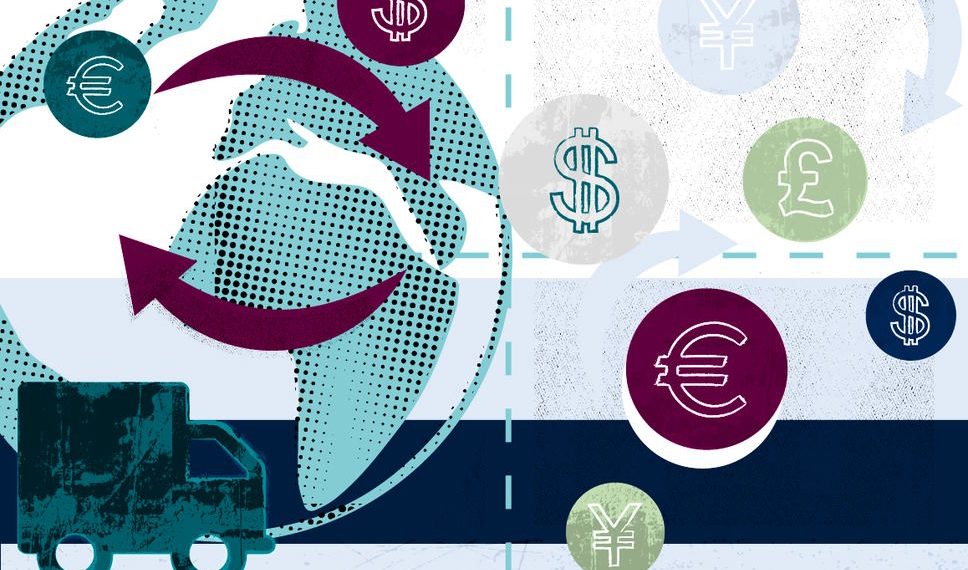
Bureaucracy: Why It Slows Down International Trade
International trade is a critical component in the global economy. When countries can effectively and efficiently conduct transactions with one another, it benefits everyone involved. Unfortunately, international trade is often hindered by seemingly endless bureaucracy—an assortment of complicated regulations, long-winded procedures, and red tape that turn relatively simple matters into grueling tests of paperwork endurance. Understanding why this happens can help governments and businesses make changes to improve the process for all participants. In this post, we’ll look at some of the primary reasons why bureaucracy slows down international trade so you can become better informed on how you might be able to navigate its complexities more effectively in the future.
Why international trade is stifled by bureaucracy
International trade is heavily stifled by bureaucracy. Governments often require lengthy and complex paperwork, often in multiple languages, to be completed before goods can be shipped across international borders. This paperwork includes custom declarations, VAT forms, product specifications, and certificates of origin. Additionally, the lack of universal standards for measuring the quality of goods makes it difficult for countries to assess their imports and exports accurately. As a result, governments are often forced to impose additional tariffs or taxes on international trade to protect their domestic markets from imported goods that do not meet their safety or quality standards. Furthermore, restrictions on foreign investment may limit companies’ ability to access new markets abroad. Finally, long-distance transportation costs make international trade expensive and time consuming—further stifling international trade.

Bureaucracy and a lack of universal standards create significant barriers to international trade. To make progress in improving global economic activity, governments must work toward establishing common rules and regulations for international trading and reduce bureaucratic processes that add unnecessary costs and delays to the process. This would allow businesses to operate more efficiently internationally and help foster an environment where goods can move freely across borders without excessive cost or hassle. Only through these measures can we ensure the long-term success of international trade.
The benefits of reforming bureaucracy in international trade
By reforming bureaucracy in international trade, governments can make it easier for people to do business across borders, leading to increased global economic growth. This can help countries become more competitive in the global marketplace by speeding up processes and reducing bureaucratic hoops that businesses must jump through. Additionally, governments can reduce the paperwork burden associated with international trade by streamlining procedures, automating certain tasks, and introducing new technologies into the process. Finally, streamlining bureaucracy in international trade can create a more level playing field for all participants involved in the process. By eliminating unnecessary red tape and increasing transparency of regulations and procedures, governments can ensure that everyone has an equal opportunity to benefit from international trade opportunities.

By reforming bureaucracy in international trade, governments can also improve cooperation between countries. For example, by streamlining processes and introducing new technologies into the process, governments can reduce barriers to cross-border transactions and encourage collaboration among different countries. This can help build trust between nations and create better relationships, leading to greater economic stability for all involved. Furthermore, reforming bureaucracy in international trade may lead to improved protection of intellectual property rights and more fair labor standards across borders. By addressing those issues through reform, trading partners can work together towards mutually beneficial outcomes.
Overall, the potential benefits of reforming bureaucracy in international trade are numerous. By reducing unnecessary red tape and increasing transparency of regulations, governments can make it easier for businesses to do business across borders while simultaneously protecting intellectual property rights and labor standards. This can lead to increased global economic growth and improved collaboration between countries. Ultimately, by reforming bureaucracy in international trade, governments have the opportunity to create a more efficient and cost-effective system that can benefit everyone involved.
